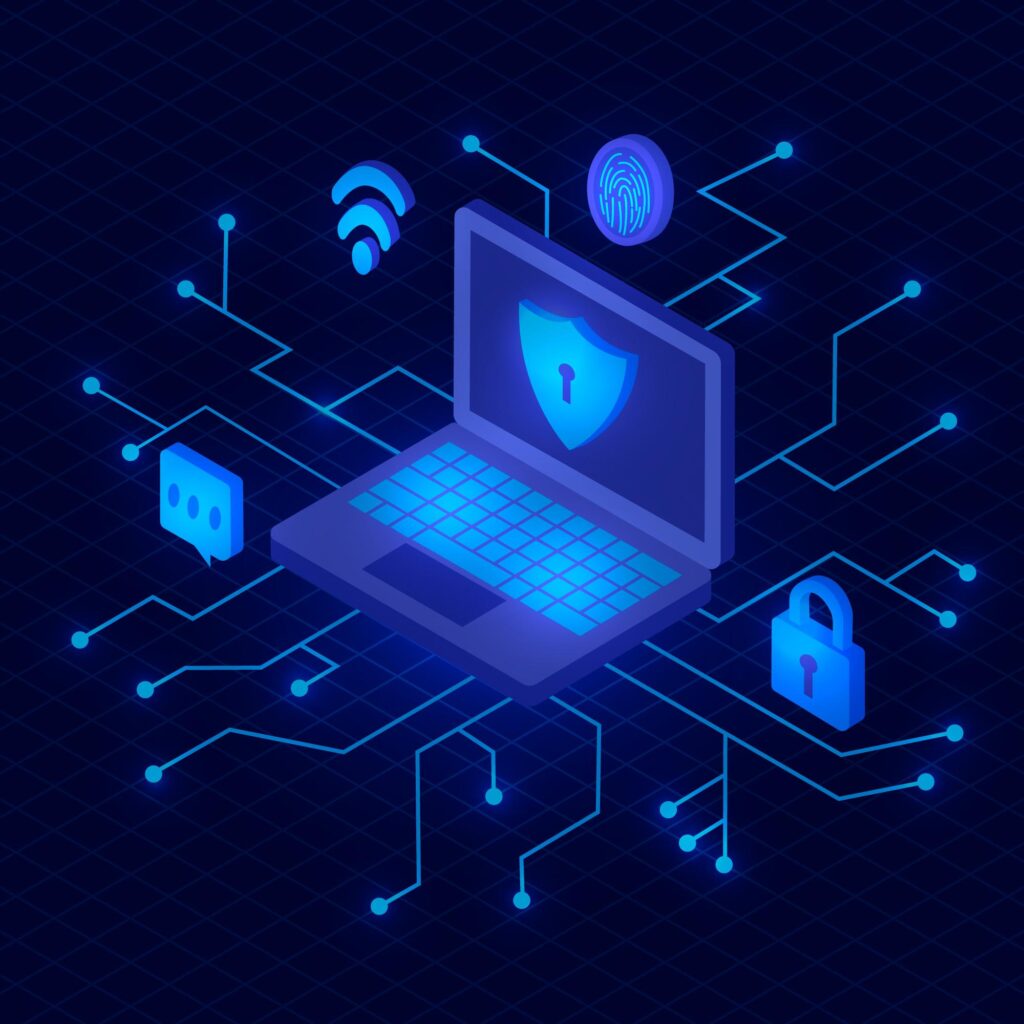Keeping your digital systems safe and secure is essential in the digital age. With cyber-attacks on the rise, it is more important than ever to understand how to protect your data and devices.
Recently, we have seen several incidents reported in the Australian media, which have involved data breaches for big companies, with Optus and Medibank being two of them, and it has affected thousands of their customers. This is just the beginning as there is a growing list of companies, big and small, being targeted in numerous ways. If it can happen to large businesses with big IT and cyber security budgets, it can happen to anyone, anywhere.
So how could a cyber-attack affect you and your business?
The fallout from a cyber-attack/hacking/data breach will lead to downtime of your business operations while the problem is worked through and resolved, which ultimately leads to loss of time, money, and potential customers. The financial implications could skyrocket and include not only loss of sales with existing customers, but also potential sales. In addition to this, depending on the type of attack, funds from your bank accounts could also disappear. Then of course, there is always the potential for various legal implications.
Essentially, cyber-attacks are bad news and bad for business. This is why it is important to put measures in place to assist in preventing such incidents. It is important to keep in mind, however, that no system is 100% fool proof and you need to remain vigilant.
So, what steps can you take to help prevent a cyber-attack?
- Engage with an IT company to audit your IT infrastructure and devices, to review what security measures you currently have in place, and areas of immediate concern. Look at spam filters, firewalls, anti-virus software etc. Forerunner can provide you with IT Support that best suits your business.
- Backup. Backup. Backup. Ensure you have a sufficient backup system in place. Regularly backup your data and store it in a location away from your main server/computer/device. Backups are important in case the original files are corrupted, encrypted by cyber-attack, fire, or theft.
- Did you know that Forerunner has world class local, and cloud-based, backup solutions based in South Australia?
- Ensure your devices are up to date with the latest software and firmware versions available. Often, updates are primarily security related and should be updated immediately to prevent any issues. Major updates have recently been completed to ensure that current Microsoft security patching is being rolled out progressively for our clients who are subscribed to our Forerunner Managed Services (FMS) – not subscribed? Contact us for more information).
- Set up user access levels for anyone required to access your systems, restricting access to various areas depending on user requirements. For instance, enabling all staff to be Administrators can be dangerous, especially when some users only require read only, or very limited access to particular specific items/files/folders.
- Enable Multi-factor Authentication (MFA). This is a crucial step to consider as it is an extra layer of security if a username and password is compromised.
- Provide your staff with training (ask us about our newly implemented email security training) and documented policies about safe cyber practices – how to spot a fraud email, setting secure passwords, when not to click hyperlinks or open attachments etc.
- Consider looking into and taking out a cyber security insurance policy. In the event the unthinkable occurs, this may not ‘save’ your data, but it can help protect your business and give you peace of mind.
- Regularly monitor your IT systems, usage and conduct regular reviews to ensure you keep on top of all things security related.
If you would like to discuss your IT systems or have any concerns about your security, contact our Security Team today.






